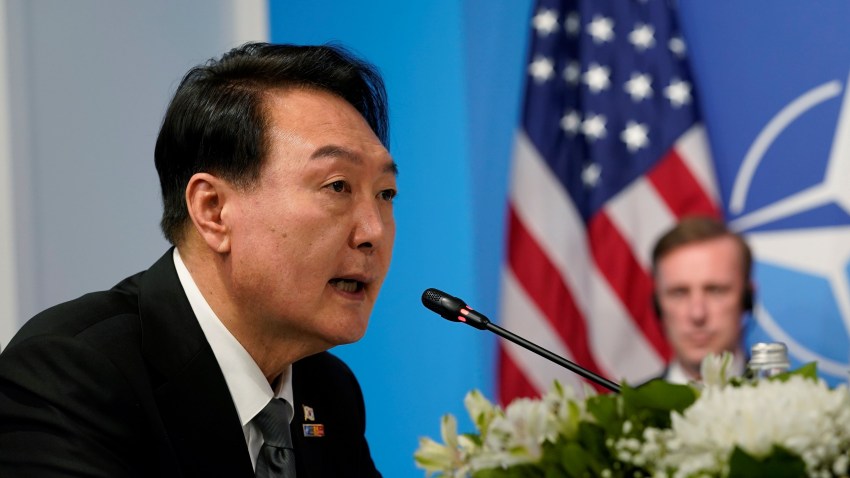Since taking office in May, South Korean President Yoon Suk-yeol has sought to follow through on his campaign promises to make major changes to the country’s foreign policy orientation. First and foremost, this meant taking a more hardline approach toward North Korea, in line with the preferences of the majority of South Korean voters. Yoon also pledged to solidify ties with the U.S., which have frayed in recent years because of differing approaches to Pyongyang, but also due to Seoul’s reticence to clearly take sides with Washington in its rivalry with China. He also pledged to pursue a less antagonistic relationship with Japan, in light of the common regional challenges they both face.
But if Yoon and his advisers were correct in their premises on these and other issues, they were naive about how this promised reorientation would work in practice. This is in part because of Yoon’s status as a novice outsider when it comes to both domestic and foreign policy. He first gained prominence not as a politician, but as a prosecutor whose role in investigating former President Park Geun-hye contributed to her impeachment in 2017. Appointed prosecutor general by Park’s successor, the left-wing President Moon Jae-in, Yoon subsequently allowed the prosecutors’ office to investigate Moon’s justice minister for corruption in 2019. This led to Yoon’s ouster from that position last year, but also his lionization by the right, which helped to propel him to the presidency as a dark horse candidate in this year’s election.
When it comes to his foreign policy agenda, however, Yoon labors under the misapprehension—widespread in Seoul—that both China and the U.S. “need” South Korea, so they will allow Seoul considerable leeway in compartmentalizing its relations with them. This, Yoon presumed, would allow him to have his cake and eat it too, improving security cooperation with the U.S. on North Korea, while getting the economic relationship with China back on track after years of tension.

